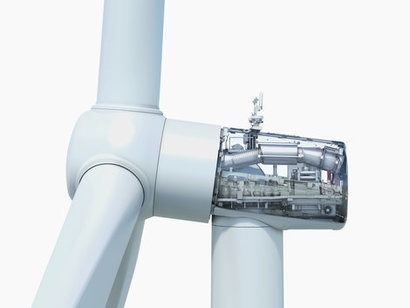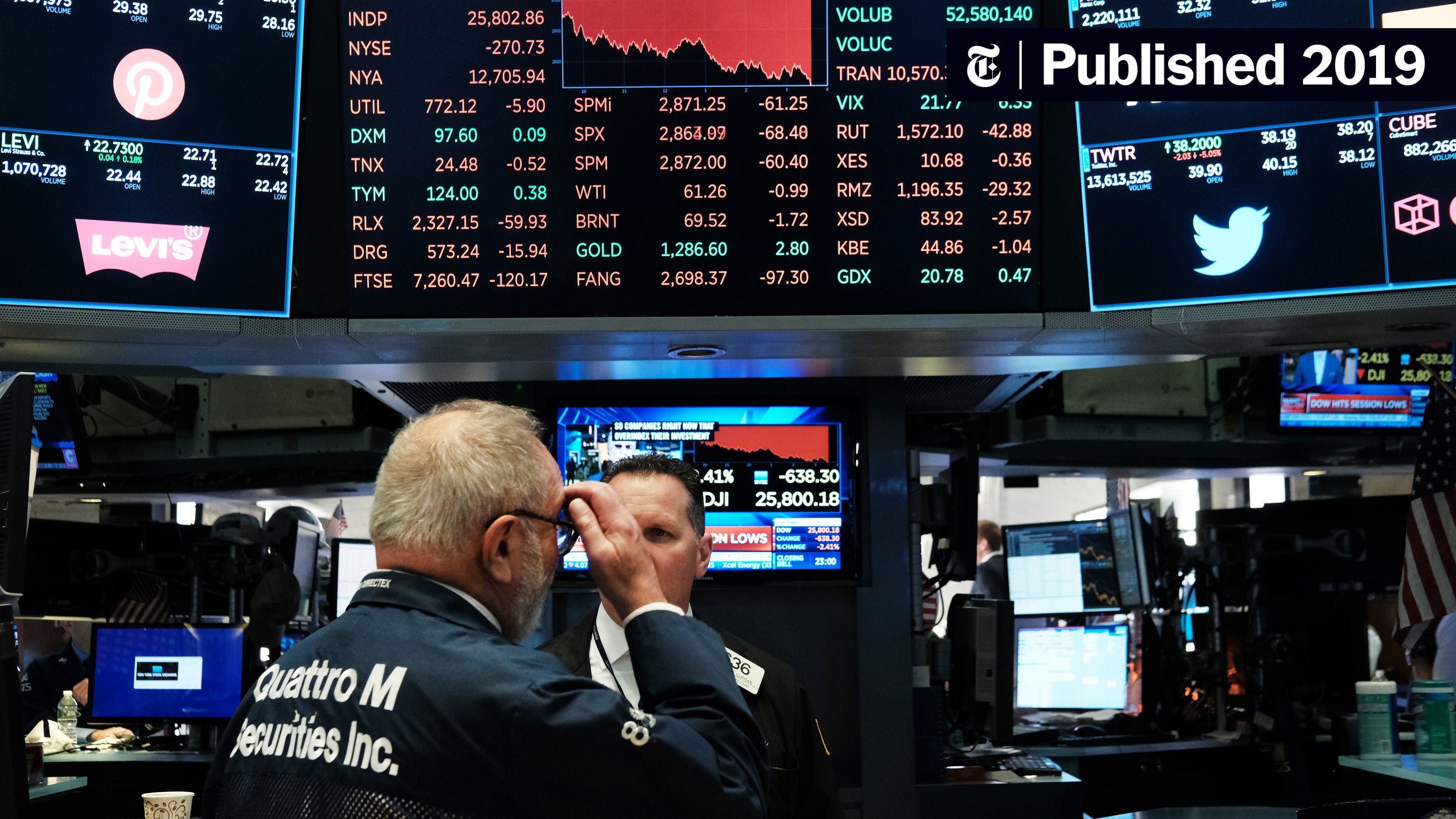Clean Energy: Successes And Setbacks In A Rapidly Expanding Market

Table of Contents
Booming Successes of the Clean Energy Revolution
The clean energy transition is driven by several powerful forces, leading to impressive growth and innovation.
Technological Advancements
Technological breakthroughs have dramatically improved the efficiency and affordability of renewable energy sources.
- Perovskite solar cells: These next-generation solar cells offer higher efficiency and lower manufacturing costs compared to traditional silicon-based cells, promising a significant boost in solar energy production.
- Advancements in wind turbine design: Larger, more efficient wind turbines are capturing more energy from the wind, increasing the overall output of wind farms. Improvements in blade design and materials have also enhanced performance and lifespan.
- Battery storage technology: Significant advancements in battery technology are addressing the intermittency issue of solar and wind power, allowing for more reliable energy supply. Lithium-ion batteries are becoming cheaper and more efficient, while research into alternative battery chemistries continues.
The cost of solar and wind power has plummeted in recent years. The International Energy Agency (IEA) reports that the cost of solar photovoltaic (PV) electricity has fallen by over 80% since 2010, making it increasingly competitive with fossil fuels.
Growing Policy Support and Investment
Government policies and international agreements have played a crucial role in accelerating clean energy adoption.
- Renewable Portfolio Standards (RPS): Many countries and regions have implemented RPS, mandating a certain percentage of electricity generation from renewable sources.
- Tax incentives and subsidies: Government subsidies and tax credits have made renewable energy projects more financially attractive for investors and developers.
- The Paris Agreement: This landmark international agreement has galvanized global efforts to reduce greenhouse gas emissions and transition to clean energy.
Global investment in renewable energy has surged in recent years, reaching record levels. The Bloomberg New Energy Finance (BNEF) reports that investments exceeded $300 billion in 2022, showcasing the growing confidence in the clean energy market.
Increased Public Awareness and Demand
Growing public awareness of climate change and the benefits of clean energy is driving consumer demand.
- Electric vehicle (EV) adoption: The increasing popularity of electric vehicles is driving demand for renewable energy to power the charging infrastructure.
- Residential solar installations: More homeowners are installing solar panels on their roofs, reducing their reliance on fossil fuels and lowering their carbon footprint.
- Corporate sustainability initiatives: Many companies are incorporating renewable energy into their operations, demonstrating a commitment to environmental sustainability and corporate social responsibility.
Surveys consistently show increasing public support for renewable energy, indicating a strong societal push towards a cleaner energy future.
Significant Setbacks Hampering Clean Energy Expansion
Despite the impressive progress, significant challenges hinder the widespread adoption of clean energy.
Intermittency and Grid Integration Challenges
The intermittent nature of solar and wind power poses significant challenges for grid stability and reliability.
- Energy storage solutions: Large-scale energy storage is crucial for managing the fluctuations in renewable energy generation and ensuring a consistent power supply. While battery storage is improving, it remains expensive and faces challenges related to scalability and lifespan.
- Smart grid technologies: Advanced smart grid technologies are essential for integrating renewable energy sources efficiently and managing the flow of electricity across the grid. However, upgrading existing grid infrastructure requires significant investment and planning.
Grid instability caused by high penetration of renewable energy sources can lead to power outages and other disruptions. Research and development are crucial to address these issues and ensure a reliable electricity supply.
Resource Constraints and Environmental Impacts
The production and deployment of clean energy technologies have their own environmental impacts.
- Raw material sourcing: The manufacturing of solar panels and batteries requires significant amounts of raw materials, such as silicon, lithium, and rare earth elements. The mining and processing of these materials can have negative environmental and social consequences.
- End-of-life management: The disposal of solar panels and batteries at the end of their lifespan poses a challenge, as these materials contain hazardous substances. Developing effective recycling and reuse strategies is crucial to minimize environmental impact.
Life-cycle assessments are crucial to fully understand and minimize the environmental footprint of various clean energy technologies.
Political and Economic Barriers
Political opposition and economic challenges continue to impede the expansion of clean energy.
- Lobbying by fossil fuel industries: Powerful fossil fuel interests often lobby against policies that promote clean energy, hindering progress towards decarbonization.
- High upfront costs: The initial investment costs of renewable energy projects can be high, making them less attractive to some investors. Access to financing remains a crucial issue, particularly for developing countries.
- Regulatory hurdles: Complex and inconsistent regulations can make it challenging to develop and deploy clean energy projects.
Conclusion
The clean energy sector is experiencing remarkable growth, driven by technological advancements, supportive policies, and increasing public demand. However, significant challenges related to grid integration, resource constraints, and political and economic barriers remain. Overcoming these hurdles will require sustained innovation, investment, and policy support. The future of clean energy hinges on addressing these setbacks while building on the successes achieved. Embrace the future of energy and learn more about how you can contribute to the growth of clean energy technologies.

Featured Posts
-
 Trinidad Considering Restrictions On Kartel Concert Age Limits And Song Bans Debated
May 21, 2025
Trinidad Considering Restrictions On Kartel Concert Age Limits And Song Bans Debated
May 21, 2025 -
 Rising Yields And The Resurgence Of The Sell America Trade
May 21, 2025
Rising Yields And The Resurgence Of The Sell America Trade
May 21, 2025 -
 Good Morning Americas Golden Jubilee Honored By The Paley Center
May 21, 2025
Good Morning Americas Golden Jubilee Honored By The Paley Center
May 21, 2025 -
 Bgt Blockbusters What To Expect From The Special
May 21, 2025
Bgt Blockbusters What To Expect From The Special
May 21, 2025 -
 Abn Amro Hogere Huizenprijzen Verwacht Ondanks Renteverhogingen
May 21, 2025
Abn Amro Hogere Huizenprijzen Verwacht Ondanks Renteverhogingen
May 21, 2025
Latest Posts
-
 Mild Temperatures And Little Rain Chance A Perfect Week Ahead
May 21, 2025
Mild Temperatures And Little Rain Chance A Perfect Week Ahead
May 21, 2025 -
 Scott Savilles Dedication Years Of Cycling Ragbrai And Daily Rides
May 21, 2025
Scott Savilles Dedication Years Of Cycling Ragbrai And Daily Rides
May 21, 2025 -
 Understanding Breezy And Mild Weather Patterns A Practical Overview
May 21, 2025
Understanding Breezy And Mild Weather Patterns A Practical Overview
May 21, 2025 -
 Planning Your Week Expect Mild Temperatures And Little Rain Chance
May 21, 2025
Planning Your Week Expect Mild Temperatures And Little Rain Chance
May 21, 2025 -
 Breezy And Mild Destinations Where To Find The Perfect Climate
May 21, 2025
Breezy And Mild Destinations Where To Find The Perfect Climate
May 21, 2025
